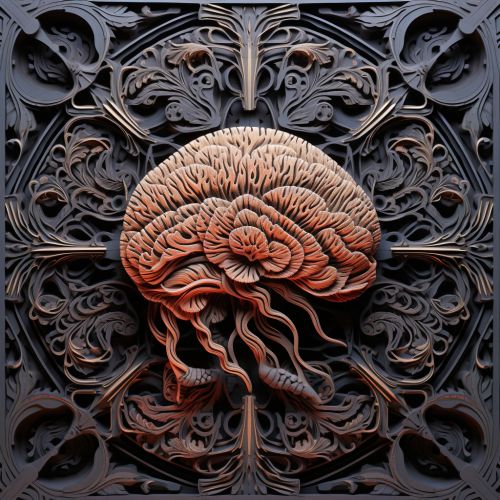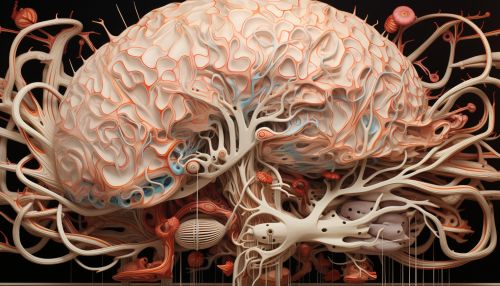Mind-body problem
Introduction
The Mind-body problem is a philosophical conundrum that explores the relationship between the mental and the physical. It questions how the mind and body interact with each other and how they can be distinct yet interconnected. This problem has been a topic of discussion among philosophers, scientists, and thinkers for centuries, with various theories and viewpoints proposed.


Historical Overview
The mind-body problem has its roots in ancient philosophy. Early thinkers like Plato and Aristotle had differing views on the relationship between the mind and body. Plato believed in dualism, the idea that the mind and body are fundamentally different. Aristotle, on the other hand, proposed a form of monism, arguing that the soul and body are not distinct but rather form a unity.
The problem gained more attention during the 17th century with the work of René Descartes, a French philosopher who is often credited with formalizing the mind-body problem. Descartes proposed a form of substance dualism known as Cartesian dualism, which posits that the mind and body are two fundamentally different types of substances.
Dualism
Dualism is a viewpoint within the mind-body problem that asserts the mind and body are two fundamentally different things. This perspective is often associated with Descartes, who argued that the mind is a non-physical substance distinct from the body. He believed that the mind, being immaterial, could not be affected by physical processes.
There are several variations of dualism, including interactionist dualism, which posits that the mind and body can affect each other, and epiphenomenalism, which suggests that physical events in the brain cause mental events but not vice versa.
Monism
Monism is a perspective that argues against the dualistic view of the mind and body. It asserts that the mind and body are not distinct entities but are composed of the same substance or are different aspects of the same thing.
There are several forms of monism, including physicalism, which posits that everything is physical or reducible to physical processes, and idealism, which suggests that everything is mental or can be reduced to mental processes. Another form is neutral monism, which proposes that the mind and body are both aspects of a more fundamental substance that is neither purely physical nor purely mental.
Contemporary Perspectives
In the contemporary era, the mind-body problem continues to be a subject of intense debate and research. Cognitive science, neuroscience, and philosophy of mind have all contributed to the discussion.
One prominent contemporary perspective is functionalism, which suggests that mental states are defined by their functional role rather than their underlying physical substrate. Another is eliminative materialism, which argues that common-sense understandings of mental states are fundamentally flawed and should be replaced by more scientifically accurate descriptions.
Conclusion
The mind-body problem is a complex and enduring philosophical issue. Despite centuries of debate and discussion, there is still no consensus on the relationship between the mind and body. This problem continues to inspire new theories and research, making it a central topic in philosophy of mind, cognitive science, and neuroscience.
